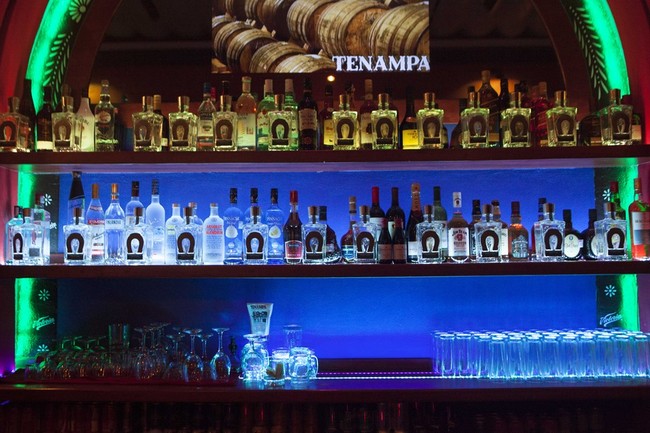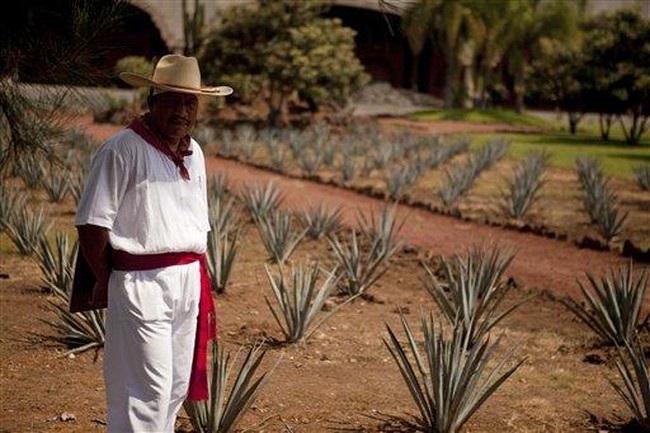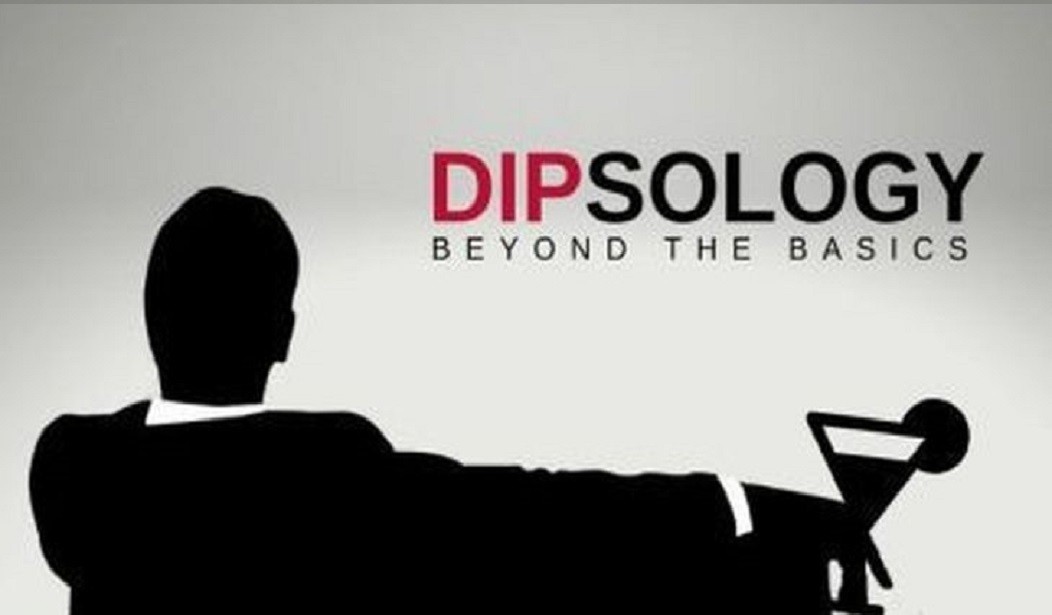Throughout the potable environments, there are standards in place for various offerings. Several wine designations are stipulated to derive from the regions involved, such as Burgundy or Champagne. (Hence, bubbly from California vintners is labeled as “Sparkling Wine.”)
Bourbon has a strict adherence that must be followed in the distillation, requiring that the mash bill have a minimum of 51 percent corn. The various brands have their unique recipes and aging processes to develop their distinctive character. In a similar fashion, there are standards in place for Tequila, with the emphasis on labeling to determine the quality.
This year has seen upheaval taking place in the tequila industry, with different sectors of the distillation process affected, lawsuits against tequila brands cropping up, and accusations that a governing body meant to ensure the quality of the product has itself been corrupted by industry giants. You may want to pour a few fingers' worth of your favorite sipper and settle in; this is a bit of an involved melodrama in a shot glass.

Murky Lawsuits and Purity Tests
In a class action lawsuit filed in a Florida district court, Costco is charged with mislabeling its Kirkland Brand tequilas as “100% Agave.” Mexican regulatory standards require that 99 percent of the sugars of a tequila brand need to be derived from the agave plant to bear such a designation. Otherwise, the tequila is considered “Mixto,” with an acceptable base of agave sugars at a minimum of 51 percent.
The basis of this charge against the bulk retailer springs from testing performed on the spirits to determine the ratio of the base of the sugars contained therein. The suit alleges that all three of the Kirkland tequila labels failed to live up to the “100% Agave” claim, with one of the offerings – Kirkland Signature Añejo Cristalino – falling well below the Mixto level.
This is but the next in a line of similar lawsuits that have been brought against several tequila brands for similar mislabeling issues. One of the first was seen in February, when Bacardi was hit with a temporary export ban over contested advertising for its Patron label. The distiller used promotional materials and labeling stating its tequila is “additive-free.” The governing regulatory body, Consejo Regulador del Tequila (CRT), declared this could be seen as potentially deceptive to consumers, and the company had its exports of Patron products suspended for four days.
That was the start of a turbulent tequila year. This summer saw the eye-opening announcement that distiller Diageo was being sued over this mislabeling accusation. The maker of the Don Julio and Casamigos brands was also said to be falsely attributing its tequila as “100% Agave.” Other brands were eventually being brought into court.
Celebrity brands like Kylie Jenner’s 818 and the George Clooney and Michael Jordan collaboration Cincoro have also been the focus of other class action suits for this same reason. (They sold the label to Diageo years ago.) More tequila brands are said to be facing similar action, and this is due to the efforts of one firebrand in the tequila industry, Remberto Galván Cabrera. A representative on behalf of agave farmers, Cabrera has been on a mission to address what he calls a threat in the tequila business.
The farmers' collective in Mexico has been in upheaval for over a year now regarding a number of challenges. One of the biggest has been the crash in the wholesale commodity market for agave. At one point, going as high as 25 pesos per kilo, last year, a glut of the product — as a result of the rush of new farmers into a booming tequila demand — saw prices plunge to one peso per kilo. Only recently has it rebounded slightly, to eight pesos.

The Science of a Spirit
But the farmers are also outraged at various business practices, and this is where Cabrera has been most active. He has been engaged in the practice of various tequila brands submitted to laboratory analysis, testing the sugars contained in each brand to determine the amount of sugar used and the source material.
The method used in these lab tests has been contested by the defendants, but the process is known and respected. It employs gas chromatography, as well as Nuclear Magnetic Resonance, which can trace the botanical source of the sugars contained in a spirit. The results have revealed that lower-grade cane sugar alcohol is used to a high degree, adulterating the products well below the threshold to make 100 percent agave claims.
The process is explained by the tequila industry source, Mezcalistas.
CIATEC analyzed the liquor using gas chromatography and later submitted samples to Eurofins Laboratory in Nantes, France, which is accredited internationally for the SNIF-NMR (Nuclear Magnetic Resonance) method of determining the botanical origins of alcohol.
How does this work? NMR testing identifies the plant origin of ethanol in a spirit by measuring the natural carbon fingerprint. This fingerprint—known as a stable carbon isotope ratio–allows labs to identify the plant source of the sugars used in fermentation. Meaning that the tests can determine what percentage of sugars in a bottle of “tequila” were derived from agave. In the case of 100% agave tequila it should be 100%.
The combination of markets crashing and the distillers using corrupted amounts of their crops has led to severe pressure on agave farmers, and therefore, Cabrera has been stepping up his efforts to pressure the distillers into compliance. He has also alleged that the CRT has itself become corrupted. As a governing body meant to represent all players in the tequila industry, Cabrera and the farmers contend that the major companies have influenced the CRT to be more permissive with these agave standards.
Unsurprisingly, the majors are not sitting by idly. Diageo has filed to have suits in Florida and New York dismissed. Then there is CRT suing a group called The Additive Free Alliance for infringing on the practice of certifying tequila standards. All of these court proceedings are going to be years in the making before things are shaken out, but in the end, there could be significant changes in the tequila marketplace.
It remains to be seen if all this drama will lead to a rise in quality, but one thing is far more probable to rise after lawyers and more of the commodity required to be employed – prices.















